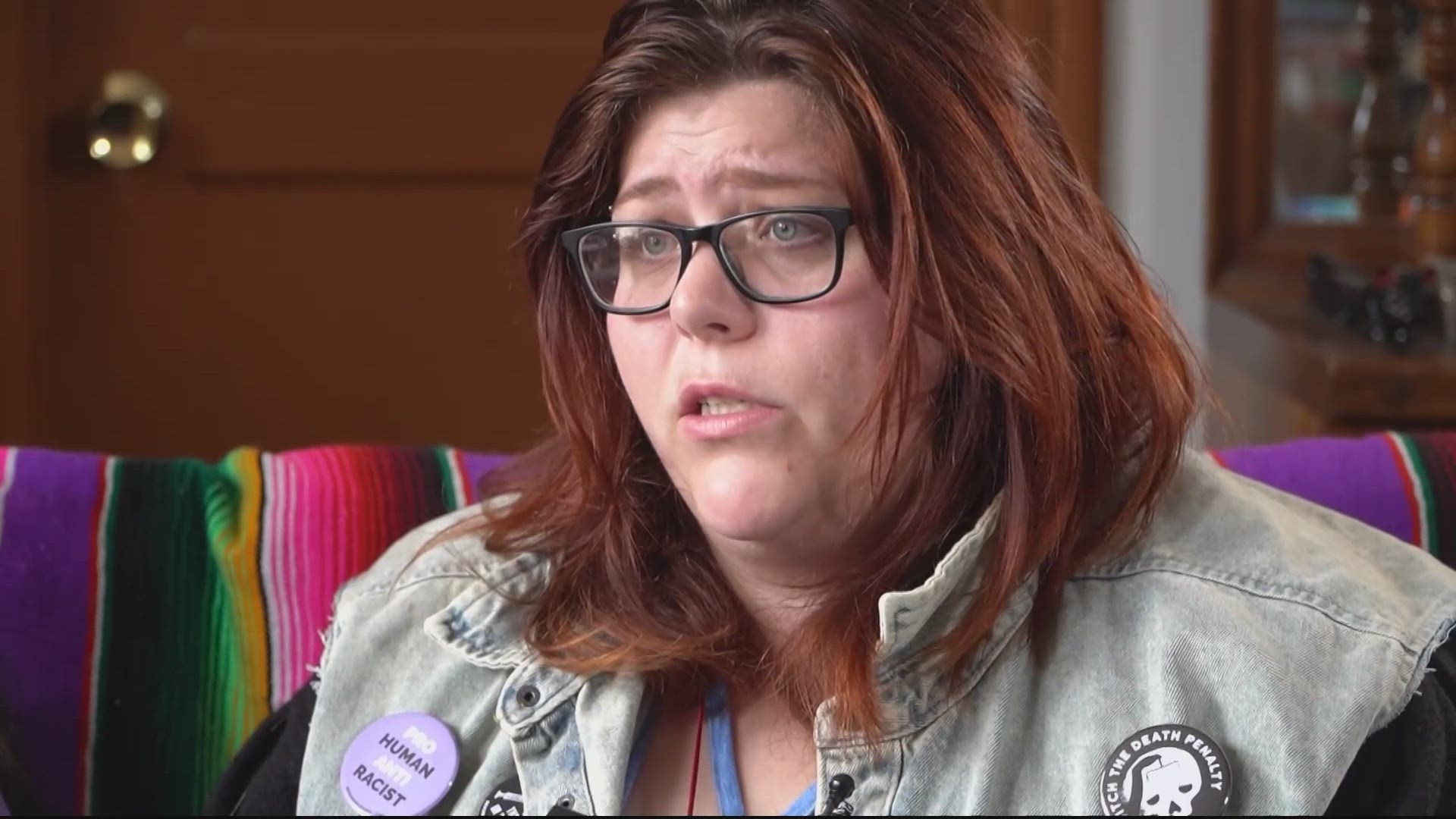WASHINGTON — In a short order filed Monday, a federal judge barred a group of anti-abortion activists from claiming they were acting in defense of another person when their trial for blockading a D.C. clinic begins this week.
U.S. District Judge Colleen Kollar-Kotelly wrote in a three-page order that there were few legal grounds for her to even consider a request by anti-abortion activists Lauren Handy and Heather Idoni to argue they were acting out of necessity or in defense of another when they allegedly conspired to block the entrance of a D.C. reproductive services clinic in October 2020. Handy, Idoni and three other defendants are scheduled to begin a jury trial Wednesday on two federal felony counts of conspiracy against rights and violating the Freedom of Access to Clinic Entrances (FACE) Act.
Attorneys for the pair had requested jury instructions that would have allowed them to argue their actions were the lesser of two evils or, in Handy’s case, motivated by her sincere belief the clinic was committing murder. The Justice Department opposed, saying both defenses were had been barred in similar cases around the country by multiple other circuits. On Monday, Kollar-Kotelly agreed – saying the arguments were so clearly inadmissible her conclusion “merits little discussion.”
“A defendant may not don a vigilante’s hood to insert themselves into a situation of their own making and subsequently claim defense of a third person to justify their actions,” Kollar-Kotelly wrote.
Monday’s opinion was the latest legal setback for Handy and her co-defendants. Kollar-Kotelly previously rejected their request to dismiss the case in light of the Supreme Court’s landmark Dobbs v. Jackson Women’s Health Organization decision, which reversed the constitutional protections for abortion established in the Roe v. Wade decision in 1973. Last week, Kollar-Kotelly also excluded a number of other defenses – including selective prosecution and First Amendment-protected speech – and barred Handy from showing graphic images of fetal remains she claims to have obtained, approximately a year-and-a-half later, from the same clinic she is accused of blockading. In her order excluding them from trial, the judge described the images as “particularly incendiary and entirely distracting.”
Kollar-Kotelly also blocked prosecutors from showing some evidence they sought to admit about prior clinic incidents involving some of the defendants. Four of those incidents, however, she found admissible – including a 2021 incident at an Alexandria clinic for which Handy was convicted and sentenced to 30 days in jail. Handy and three other members of her group, Progressive Anti-Abortion Uprising, were also sentenced to 45 days in jail last year for obstructing a Michigan clinic’s operations in 2019.
Handy is being represented in her D.C. case by attorneys Martin A. Cannon, of The Thomas More Society law firm, and Dennis E. Boyle, of the law firm of Boyle & Jasari. Idoni is represented by Michigan-based attorney Robert Dunn. Jury selection for Handy and four other defendants was scheduled to begin Wednesday morning in D.C. District Court.

